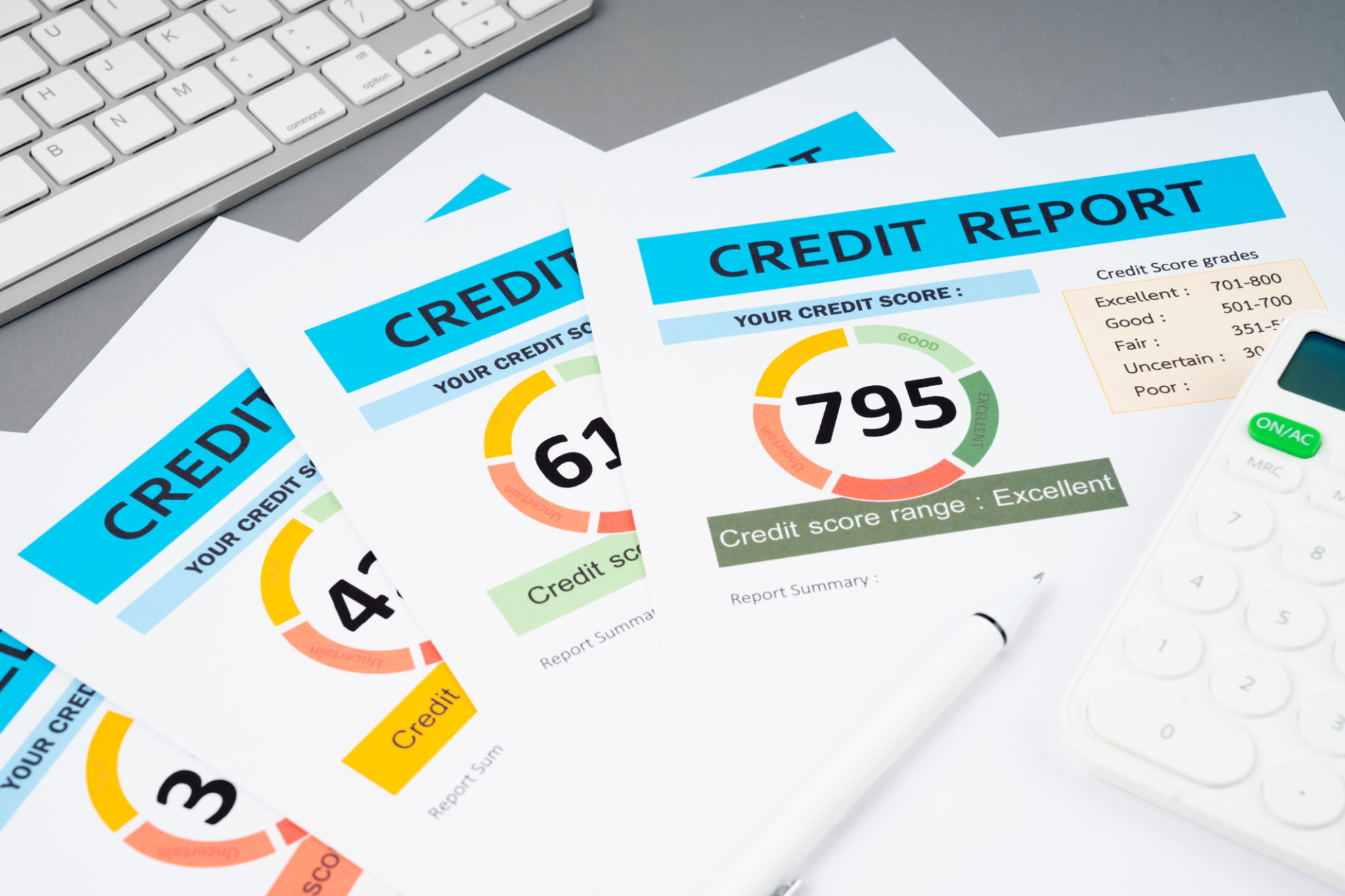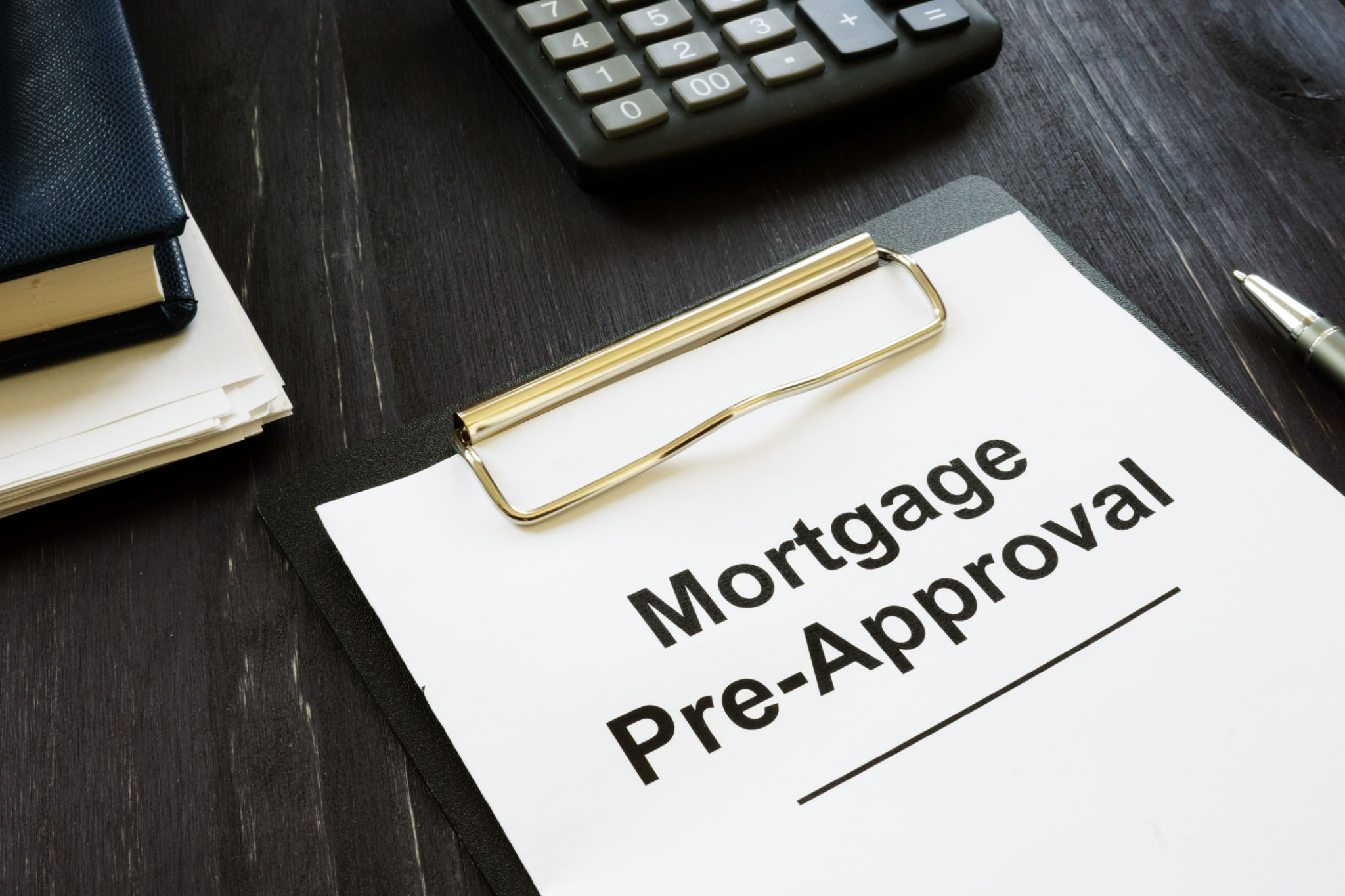Expert Advice: Avoiding Common Pitfalls in the Mortgage Application Process
HL
Understanding Your Credit Score
One of the most crucial aspects of the mortgage application process is understanding your credit score. Your credit score is a key factor that lenders evaluate to determine your eligibility and the interest rate you will receive. A higher credit score can significantly enhance your chances of getting a favorable mortgage rate. Before applying for a mortgage, check your credit report for any errors or discrepancies that could negatively affect your score.
Paying off outstanding debts and ensuring timely payments on bills can improve your score over time. If your credit score is lower than you'd like, consider speaking with a credit counselor to formulate a plan for improvement.

Getting Pre-Approved
Securing a mortgage can be a lengthy process, but getting pre-approved can streamline the journey. A pre-approval not only provides you with a clear understanding of how much you can afford but also demonstrates to sellers that you are a serious buyer. This can be an advantage in competitive markets where multiple offers are common.
When seeking pre-approval, gather all necessary documents such as income statements, tax returns, and proof of assets. Lenders will use this information to assess your financial situation, so having everything organized can expedite the process.

Avoiding New Debt
Acquiring new debt during the mortgage application process can adversely affect your approval chances. Lenders look at your debt-to-income ratio, and any significant changes could raise red flags. Avoid making large purchases, such as buying a new car or opening new credit lines, until after your mortgage has been finalized.
If a necessary purchase arises, discuss it with your lender to understand how it might impact your application. Maintaining a stable financial profile is key during this period.
Selecting the Right Mortgage Product
With numerous mortgage products available, choosing the right one can be overwhelming. Fixed-rate mortgages offer stability with consistent monthly payments, while adjustable-rate mortgages may start with lower rates that can increase over time. Understanding the pros and cons of each option is essential to making an informed decision.

Consulting with a mortgage broker can provide valuable insights into which product aligns best with your long-term financial goals. Consider factors such as how long you plan to stay in the home and potential changes in income.
Preparing for Closing Costs
Many first-time homebuyers overlook the significant expense of closing costs, which can range from 2% to 5% of the home's purchase price. These costs include fees for appraisal, title insurance, and attorney services. It's crucial to budget for these expenses to avoid last-minute surprises.

Review the loan estimate provided by your lender, which details the anticipated closing costs. This transparency allows you to plan accordingly and ensures there are no unexpected financial burdens at the closing table.
Final Thoughts
The mortgage application process can be daunting, but being proactive and informed can prevent common pitfalls. By understanding your credit score, securing pre-approval, avoiding new debt, selecting the right mortgage product, and preparing for closing costs, you can navigate the journey with confidence.
Remember, seeking expert advice from professionals in the field can further enhance your understanding and decision-making throughout this process. With careful planning and informed choices, you'll be well on your way to securing the home of your dreams.
